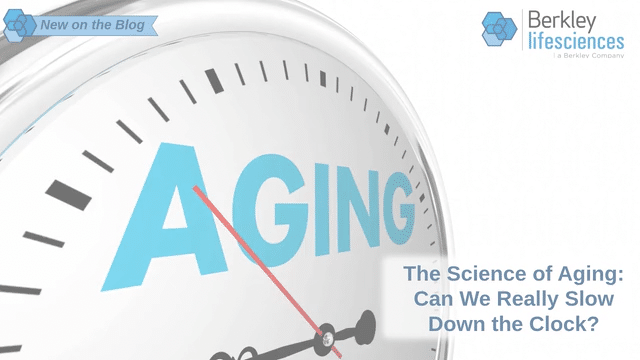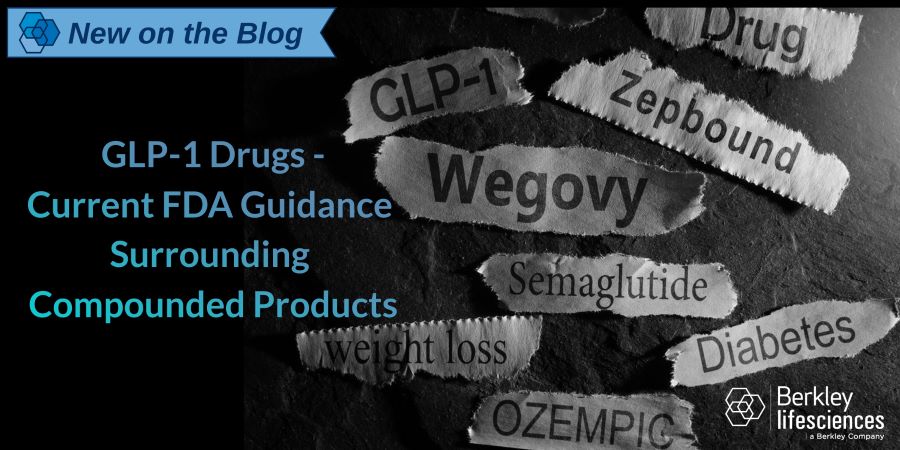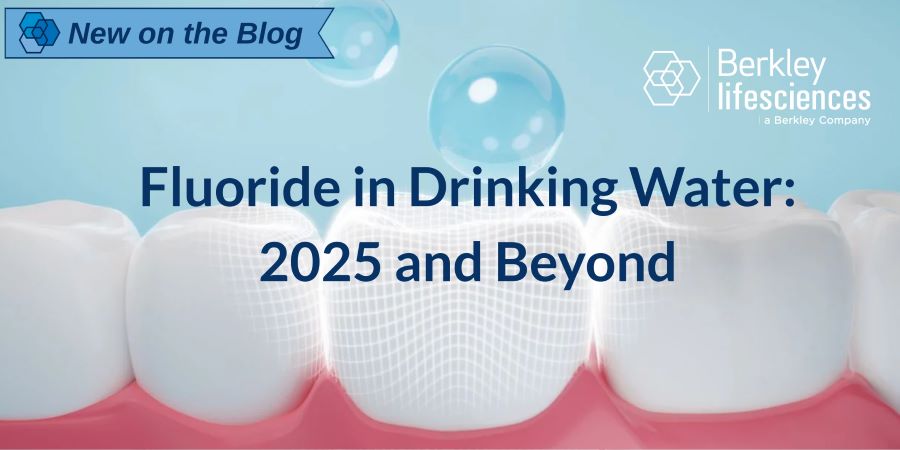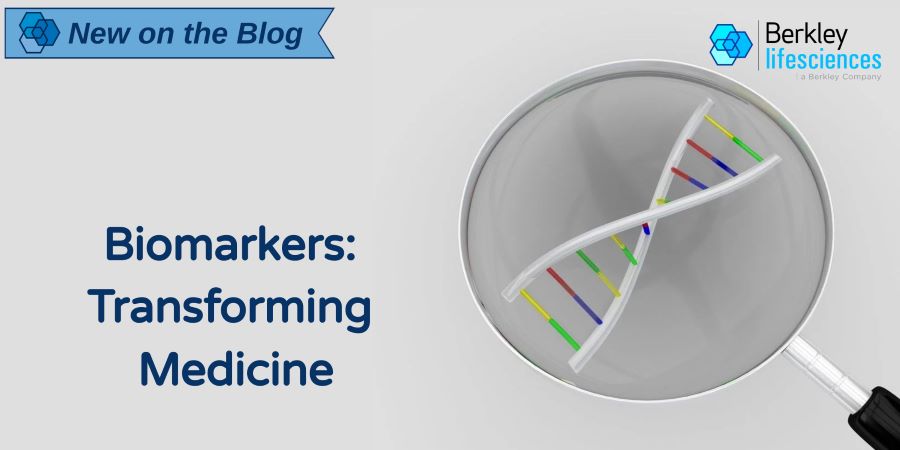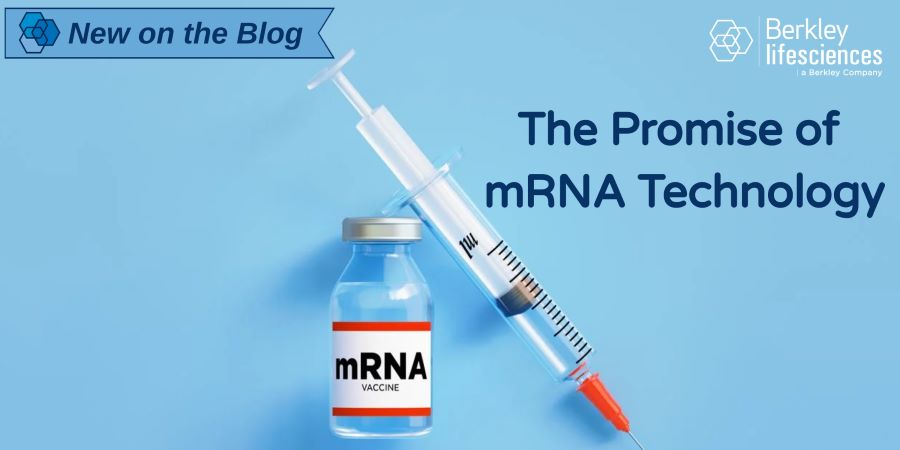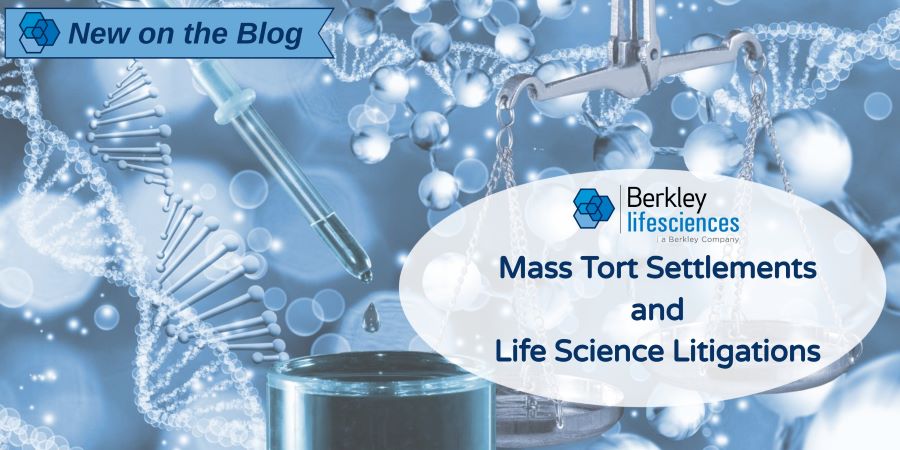Transforming Global Trade: The Power of Tariff Optimization Software

Not long ago, tariff classification and associated payments were accepted as the cost of doing business. Trade professionals have long navigated free trade agreements, customs codes, and supply chain disruptions—often without specialized tools. But today’s global economy demands more.
Read More




